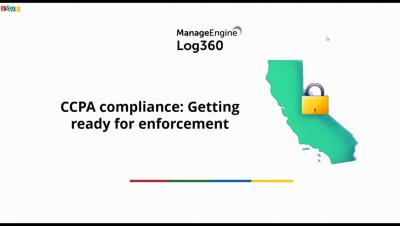2020 State of the Cloud Statistics
The cloud had become mainstream during the last couple of years, but the year of 2020 has pushed companies to adapt to remote working, which immediately led to a rapid adoption of cloud services. Research indicates that overall use of cloud services across industries has already increased by 50% this year; the most serious effect from the shift to remote working was on cloud-based collaboration tools, which saw an increase of up to 600% in usage (McAfee).










